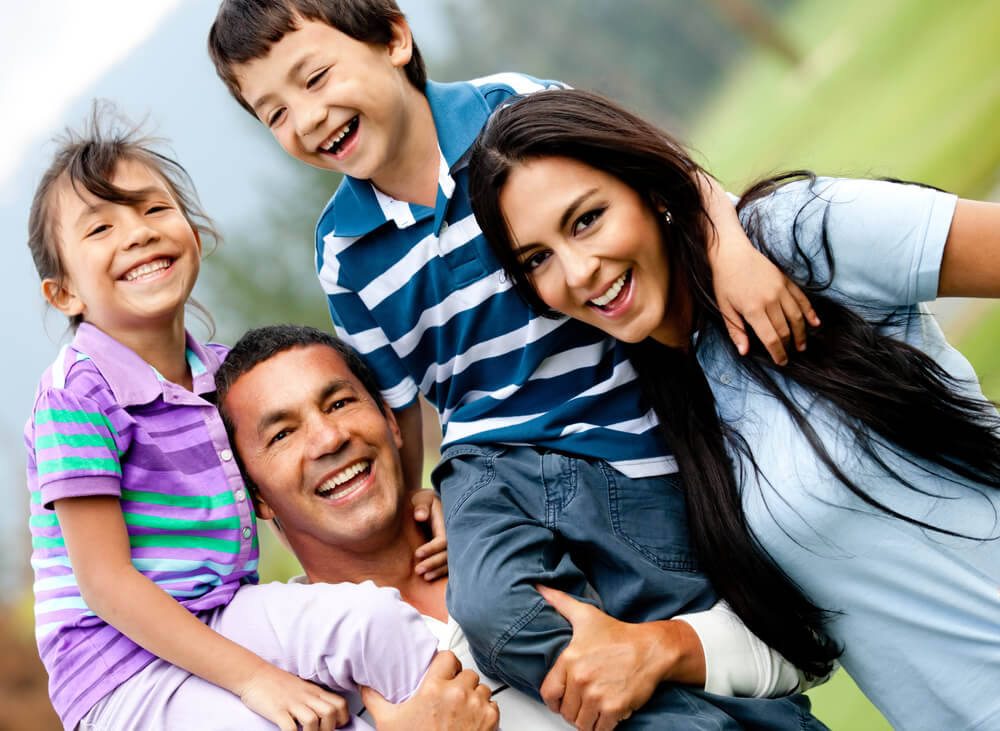The Influence of Parents on Children’s Habits and Behaviors

Children are not just physical replicas of their parents; they also mirror their behaviors and attitudes. Just as children inherit physical traits like eye color or hair color from their parents, they also replicate behaviors reminiscent of adult actions. Whether it’s using foul language, being obsessed with cleanliness, or practicing good habits like throwing candy wrappers in the trash, children often mimic the behaviors they observe in adults. According to experts, the majority of behaviors practiced during childhood, which carry over into adulthood, are a result of observing parents.
Early Adoption of Habits from Caregivers
Children begin to adopt habits from their caregivers at a very young age, as soon as they are capable of observing and learning from adult actions. “Children learn from the actions and behaviors of their parents from the moment they are born,” says educational psychologist Amaya Prado, a board member of the Official College of Psychologists of Madrid (COP). As they grow, they start to imitate their parents’ behaviors and incorporate habits into their daily routines, such as brushing their teeth, washing their hands before meals, saying “please” and “thank you,” and other everyday activities and attitudes that adults engage in. “This process of imitation and adoption of habits and routines generally begins around 18 months and continues throughout childhood and adolescence,” adds Prado.
Importance of Early Development of Healthy Practices
There isn’t a specific age that can be considered the best for children to develop positive habits and avoid negative ones, as the development of behaviors is influenced by a variety of factors, including family environment, child characteristics, and experiences. “However, the early years of life are the most important for the development of healthy practices. During this time, children are particularly receptive to learning and modeling behaviors from their parents and educators,” explains Prado. “With habits and routines, we are helping them to have a safe and predictable environment, which provides them with security and emotional well-being,” she continues, “and as children grow, it’s important to continue reinforcing and supporting the development of habits and routines, with a patient and understanding attitude.”
Role of Parents as Role Models
The primary caregivers for a child should be models of good habits through the consistency and coherence of their example. “Furthermore, adults should engage in effective communication, explaining the habits and their importance through active participation, with negotiation when children are older or teenagers,” assures Prado. It’s important for parents to be good examples of self-regulation, especially in difficult situations and decision-making processes. “Recognizing and praising behaviors is essential for reinforcement, all done with flexibility, patience, and understanding, taking into account the child’s developmental stages.”
Formation of Habits through Repetition
Habits are formed through the repetition of a person’s behavior, producing psychological, neurobiological, and environmental changes. “To turn a behavior into a routine, repetition is undoubtedly necessary, and various techniques can facilitate this acquisition, such as reinforcement, punishment, or modeling and shaping, among others,” points out Ana Jiménez-Perianes, Professor of Child and Adolescent Clinical Psychology at CEU San Pablo University.
Influence of Environmental Factors on Habit Acquisition
The acquisition of habits in children is influenced by various factors within their environment. Both parents and siblings play a significant role in this process. “Parents and primary caregivers significantly influence the acquisition of routines in the early years of life. They are the ones who begin to provide routines in their environment. However, siblings also act as role models, especially older siblings. It’s important to consider that family dynamics contribute to the formation of habits, whether positively or negatively,” states Jiménez-Perianes.
Additionally, the school provides an environment where habits acquired in the family environment are put into practice, “but new habits are also taught, such as those related to organization, tasks, punctuality, or social interaction. These habits will also influence the acquisition of values and principles in the child,” adds the professor.
Modifying Inappropriate Habits through Effective Communication
To successfully modify inappropriate habits, adults should engage in open and understanding communication. “In this way, it’s possible to detect if there’s an error in the learning of that habit or in the child’s developmental stage, or if there’s a problem hindering its achievement,” assures Prado. For this expert, it’s important to identify triggers, and clear and realistic expectations should be established: “Being a model of positive behaviors, positive reinforcement, support, and understanding are crucial. It’s essential to approach the process with patience and compassion, focusing on the child’s growth and development.”


